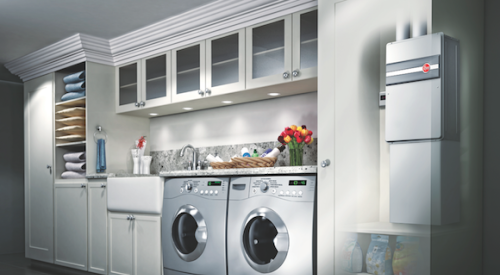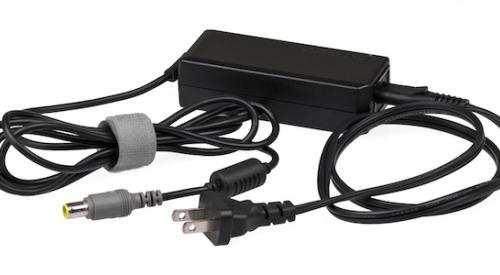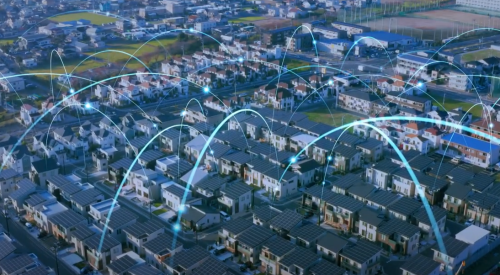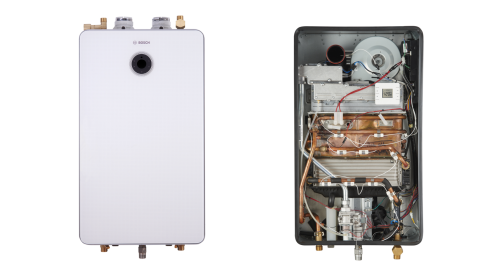A new study finds that electric water heaters are a significant source of untapped potential energy: Advanced water heaters could save consumers up to $200 annually and could cut greenhouse gas emissions by up to 50 percent.
The research was commissioned by the Natural Resources Defense Council (NRDC), National Rural Electric Cooperative Association, Peak Load Management Alliance, and Great River Energy, along with analysis from economic consulting firm The Brattle Group.
The full study, “The Hidden Battery: Opportunities in Electric Water Heating,” by Brattle principals Ryan Hledik and Judy Chang, and associate Roger Lueken, is available on Brattle’s website.
Only a small percentage of the nation’s 50 million water heaters is currently used for energy storage. Grid-interactive water heaters—units that connect with local utility or grid operators and communicate in real time—can heat water at off-peak times, draw heat from surrounding air, and store hot water for later use. The analysis says that a 50-gallon tank can withstand several hours of interruption without running out of hot water.
The advanced water heaters are also environmentally friendly. Robin Roy, NRDC’s director of building energy efficiency and clean energy strategy, wrote in a blog post on NRDC’s Switchboard that grid-connected electric resistance water heaters could potentially cut carbon pollution by up to 30 percent “because they give utilities greater flexibility to use lower polluting fuels or clean energy such as solar and wind power.”
The groups behind the study are set to launch the Community Storage Initiative (CSI), which “by aggregating distributed energy technologies and home appliances, electric cooperatives are developing community storage to increase energy efficiency, better integrate renewable energy resources onto the grid, and reduce customers’ monthly electric bills,” according to a press release by the CSI.
One community storage program has already seen some success. Great River Energy, a Minnesota-based cooperative, can store up to a gigawatt of energy each night by controlling 65,000 electric resistance water heaters. The water heaters use energy when natural resources allow (windy and sunny days, for instance), heat water to high temperatures, and then shut down during peak times.













